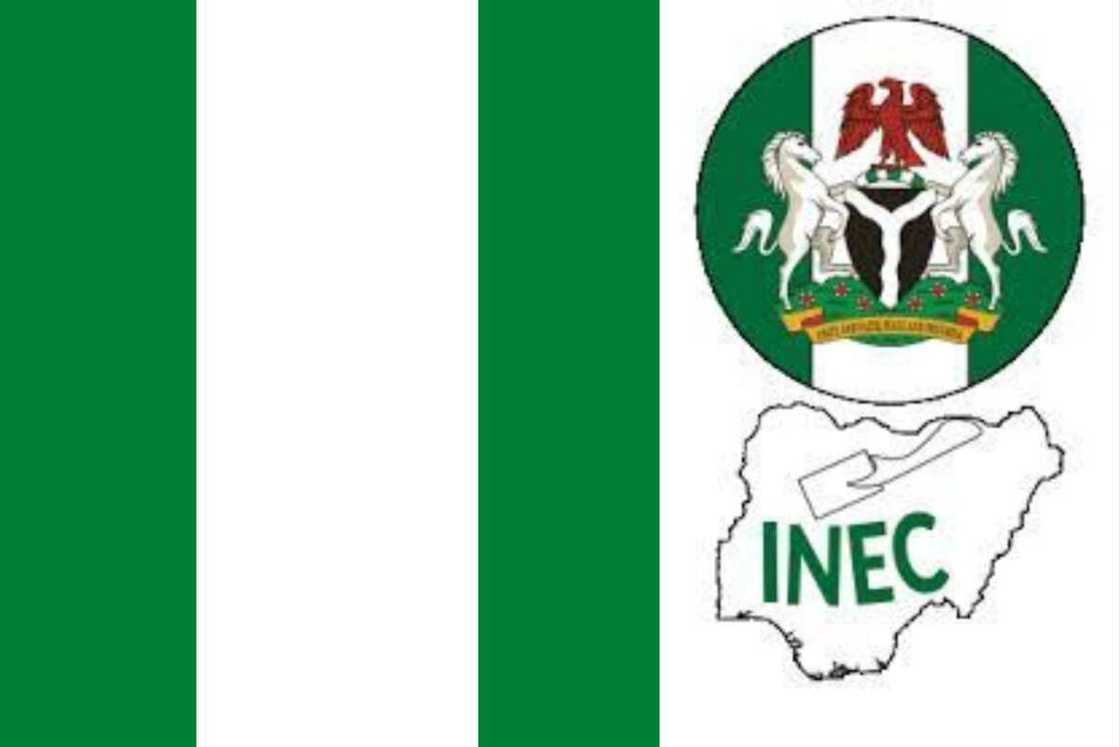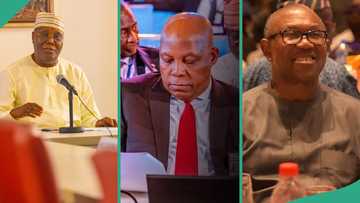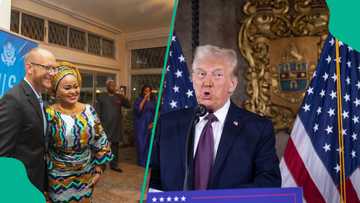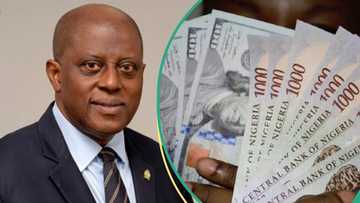What are the functions of INEC in Nigeria? Interesting facts
The full meaning of INEC is the Independent National Electoral Commission. INEC is popularly known among many Nigerians as the commission that conducts general and regional elections. But the function of INEC is more than just conducting general and regional elections. Keep reading, and you will learn more about the functions of INEC in Nigeria.

Source: UGC
The Independent National Electoral Commission is a government organisational body in charge of electoral processes in Nigeria. INEC was established in 1998 by the former military head of the states, General Abdulsalam Abubakar, to conduct and oversee the 1999 elections, which restored Nigeria to democratic rule. Check out more about the full meaning of INEC and their functions.
What are the functions of INEC in Nigeria?
What are the main functions of INEC? The Independent National Electoral Commission is founded and guided by the 1999 constitution of the Federal Republic of Nigeria.
The body is currently organising the general elections in Nigeria, which will be held on 25 February 2023, to elect the President and Vice President and members of the Senate and House of Representatives.
The functions of INEC, as stated in Section 15, Part 1 of the Third Schedule of the 1999 Constitution and Section 2 of the Electoral Act 2010, are as follows:
- Organise, carry out and oversee every election into the following offices and political positions: Offices of the President and Vice-President of the Federation, offices of the Governor and Deputy Governor of a State, membership of the Senate and the House of Representatives of Nigeria and membership of the House of Assembly of each state of the federation.
- To register political parties conforming to the provisions of the Nigerian constitution and the Act of the National Assembly.
- To monitor all the operations and organisation of all political parties in Nigeria, including their congresses, conventions, finances, and party primaries.
- Arrange for the cross-examination and auditing of the accounts and funds of all political parties every year. They are to publish a report of the examination and audits for public information.
- Carry out the registration of everyone eligible to vote. Prepare, keep, and revise the register of voters eligible for any form of election in accordance with the constitution.
- Monitors political campaigns and provides the rules and regulations that shall guide all the activities of all political parties in Nigeria.
- Responsible for the conduction of civic and voter education.
- It's responsible for promoting the knowledge of good and sounds democratic electoral processes in Nigeria.
- It conducts any referendum that is required to be conducted in accordance with the provision of the constitution of the Federal Republic of Nigeria or any other Act or Law of the National Assembly of Nigeria.
What is INEC in Nigeria?

Source: UGC
Independent National Electoral Commission (INEC) is a body responsible for conducting elections to any elective body or office established by the constitution in Nigeria. Before its formation, several other bodies were formed and dissolved to conduct the election. They include
- The Electoral Commission of Nigeria (ECN) was established in 1959.
- The Federal Electoral Commission (FEDECO) was established in 1960 to oversee the post-independence elections in Nigeria. It was dissolved in 1966 and reconstituted in 1978 by General Olusegun Obasanjo. It conducted the election which brought in the Second Republic and another general election in 1983.
- The Electoral Commission of Nigeria (NECON) was established in 1995 by the former head of state, General Sani Abacha, to conduct another set of elections. After he died in 1998, General Abdulsalam Abubakar dissolved the electoral commission and formed INEC.
INEC conducted the 1999 general election, which brought former President Olusegun Obasanjo to power. Since 2003, INEC has overseen elections in 2003, 2007, 2011, and 2015.

Read also
Strengthening democracy: Shettima, Abdulsalam, Atiku, Obi to discuss electoral malpractices, others
Values guiding the Independent National Electoral Commission
The Independence National Electoral Commission is driven by the following values to enable the commission to perform well and act in the best interest of Nigerians:
- Autonomy
- Transparency
- Integrity
- Credibility
- Impartiality
- Dedication
- Equity
- Excellence
- Teamwork
What are the main functions of the electoral commission?

Source: UGC
The electoral commission is expected to exercise its powers and perform its functions per the constitution's provisions and national legislation. Some of the main functions of the commission include:
- Registering voters and candidates for elections.
- Prepare the timetable for the election.
- Allows the eligible candidate to contest the election.
- Resolve any disputes that may arise during the election.
- The regulation of political parties process.
- Observing and monitoring the election process.
- Regulate the money spent during the election period.
What is the most important function of the commission on election?
The commission is in charge of conducting or supervising referenda and elections to any elective body or office established by the constitution and any other elections mandated by an Act of Parliament.

Read also
US embassy in Nigeria announces temporary closure of office, gives date, sends message to Nigerians
The above are the major functions of INEC in Nigeria. In the past, the Independent National Electoral Commission has faced many controversies and criticism in the run-up to past elections in the country. But the commission has matured over the years and is improving regarding delivering free and fair elections in Nigeria.
READ ALSO: Survival Fund application 2023: how and where to register
Legit.ng recently published an article about the 2023 Survival Fund application process. The COVID-19 Survival Fund was created to help mitigate the epidemic's effects, aiming to improve the economy by preserving existing jobs and creating new ones.
The platform is designed to help micro, small, and medium-sized businesses with digital registration, onboarding, and management for the Federal Government Survival Fund Program. If you're interested in the scheme, learn more about the Survival Fund application.
Source: Legit.ng




